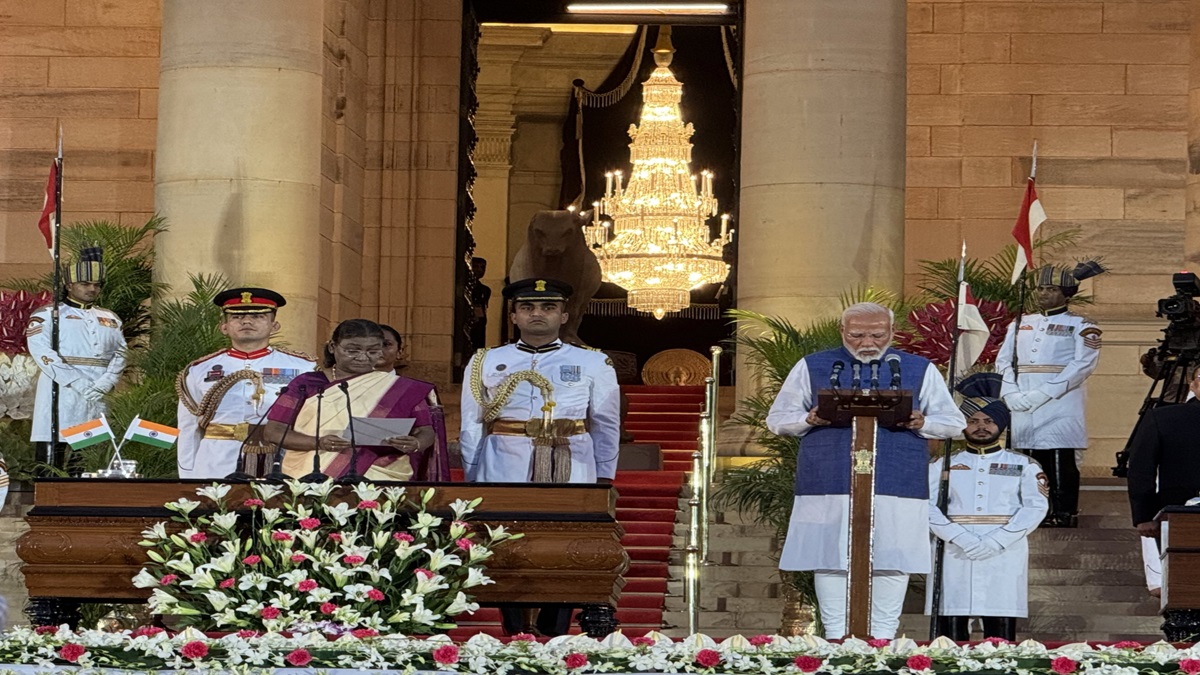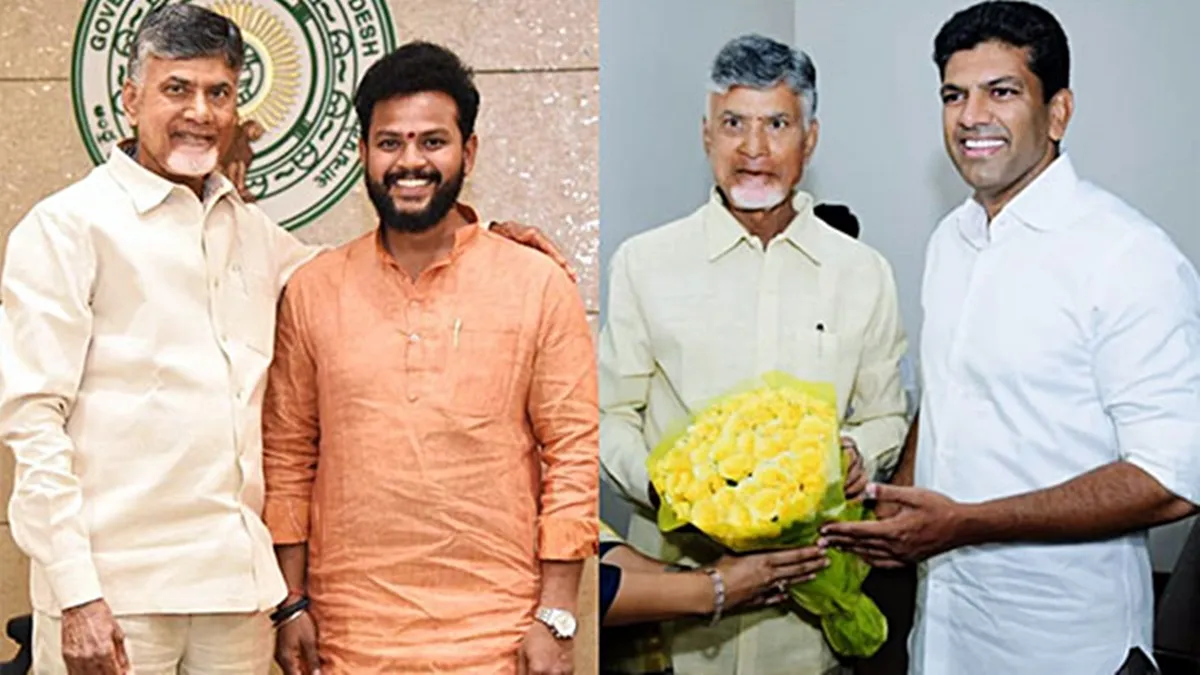By Maulik Nanavati and Manvi Damle
The 47th GST Council meeting was held in Chandigarh from June 28-29, 2022. One of the agenda items which got deferred for decision is bracketing of online gaming, including skill gaming, with casinos and horse racing currently taxed at 28% and also a proposal to levy tax on the full contest entry amount instead of platform fee also known as Gross Gaming Revenue (GGR). This intended move of the government has been strenuously, but mutedly, objected to by the industry players, primarily on ground of increased financial burden and possible commercial death of the industry. CEO of the E-Gaming Federation has been quoted to say that such a move will “annihilate the sunrise sector”.
Independent of the industry focused resentment, there exists a need for examination of a deeper and underlying legal issue – can games of skill be clubbed together with and treated at par with gambling and betting when offered on online platforms.
Governments have unwaveringly sought to either ban or in any case strictly regulate gambling and betting. Central and State legislations have been enacted to prohibit all activities involving gambling and betting. Historically, most of the gambling laws have provided an exception to games of skill and some states have recently attempted to include online games of skill under the definition of gambling, with many courts striking down these laws. The Supreme Court, in the case of Chamarbaugwala, has laid the test of preponderance of skill to determine whether the game offered falls in the category of banned or restricted game of chance or is a game of skill, forming an exception. Applying the said test, the Constitutional Courts have, over years, held fantasy sports, bridge, rummy, carrom, chess, backgammon and horse racing as games of skill, and kept them outside the purview of gambling and betting laws. In the same case, the court has also held that games of skill and games of chance are two distinct categories and shall be treated differently.
The Acts prohibiting or regulating gambling were enacted and the jurisprudence relating to interpretation of these Acts has developed at a time when the concept of playing of games in cyber space was alien. But as is said, law is not static; it evolves. Recognising the advent of internet and offering of games – be it casual games or games of skill or other games, on several online platforms, the Constitutional Courts have extended their judicial approval of games of skill even when they are offered and played on online platforms. Recently, the Kerala High Court in case of Head Digital Works Private Limited and the Karnataka High Court in case of Federation of Indian Fantasy Sports have held that games of skill, even if offered for play on online platforms and actually played online with element of money, do not partake the colour of gambling or betting or wagering and continue to remain exempt from penal consequences by the Constitutional Courts. Sometime earlier, the Supreme Court in case of Avinash Mehrotra held a certain format of fantasy sports, offered by a particular player, to be a game of skill and declared that such game does not amount to gambling or betting or wagering and is not otherwise tainted in law.
Now with imprint of legal sanctity on skill based games, even offered on online platforms, and their recognition as a legitimate commercial activity entitled to constitutional protection, the question that begs consideration is whether it is legally correct for the Group of Ministers (‘GoM’) to recommend to the GST Council for clubbing online skill based games offered with other activities which are proclaimed to be definitive acts and activities of gambling, like casinos, even for the purpose of taxation.
The discussion amongst members of GoM and the emergent view, it appears that the esteemed members felt that there is no need to make any distinction between games of chance and skill since ‘this should not be relevant for GST regime’. A belief that as long as ‘there are monetary winnings’ appears to have weighed with them to conclude that it is okay to put all activities in one basket and tax them similarly.
This edifice is legally flawed. Firstly, the premise that distinction between activities of horse racing, casinos and online gaming, including games of skill, is irrelevant for the purposes of taxation is fallacious. Secondly, it offends the fundamental principle that ‘equals are to be treated equally and unequals are to be treated unequally’ and falls foul of Article 14 of the Constitution of India. It needs no emphasis that Article 14, which confers a fundamental right to equality, applies to a taxing provision as much as to other statutes. Undoubtedly, the government can select persons and objects for taxation; but if the law operates unequally by reason of either classification or its absence, the governmental act of prescription of tax would be hit by the equality clause of Article 14. Online games of skill cannot be equated with casinos, which offer pure games of chance, and more so in light of judicial decisions distinguishing and isolating them from the realm of gambling even when played for a money stake. The proposal, as it stands today, militates against judicial pronouncements; either by turning a blind eye to them or by blatantly discarding them. In any case, the recommendation of treating all online games, whether based on skill or chance alike, would be nothing short of a legal oversight from the GoM.
Now that the GST Council has referred the report back to GoM for reconsideration, one can hope that the GoM may think over correctness of covering all online games, irrespective of them being skill based or pure chance games, under one generic umbrella, as also clubbing online skill gaming with gambling and race courses based on settled legal position.
The authors are practising lawyers and Partners at Neetigya Legal Consultants LLP. Views expressed are personal.
Read Also: Creative storytelling and emotional connection are the most important elements in keeping brands alive









